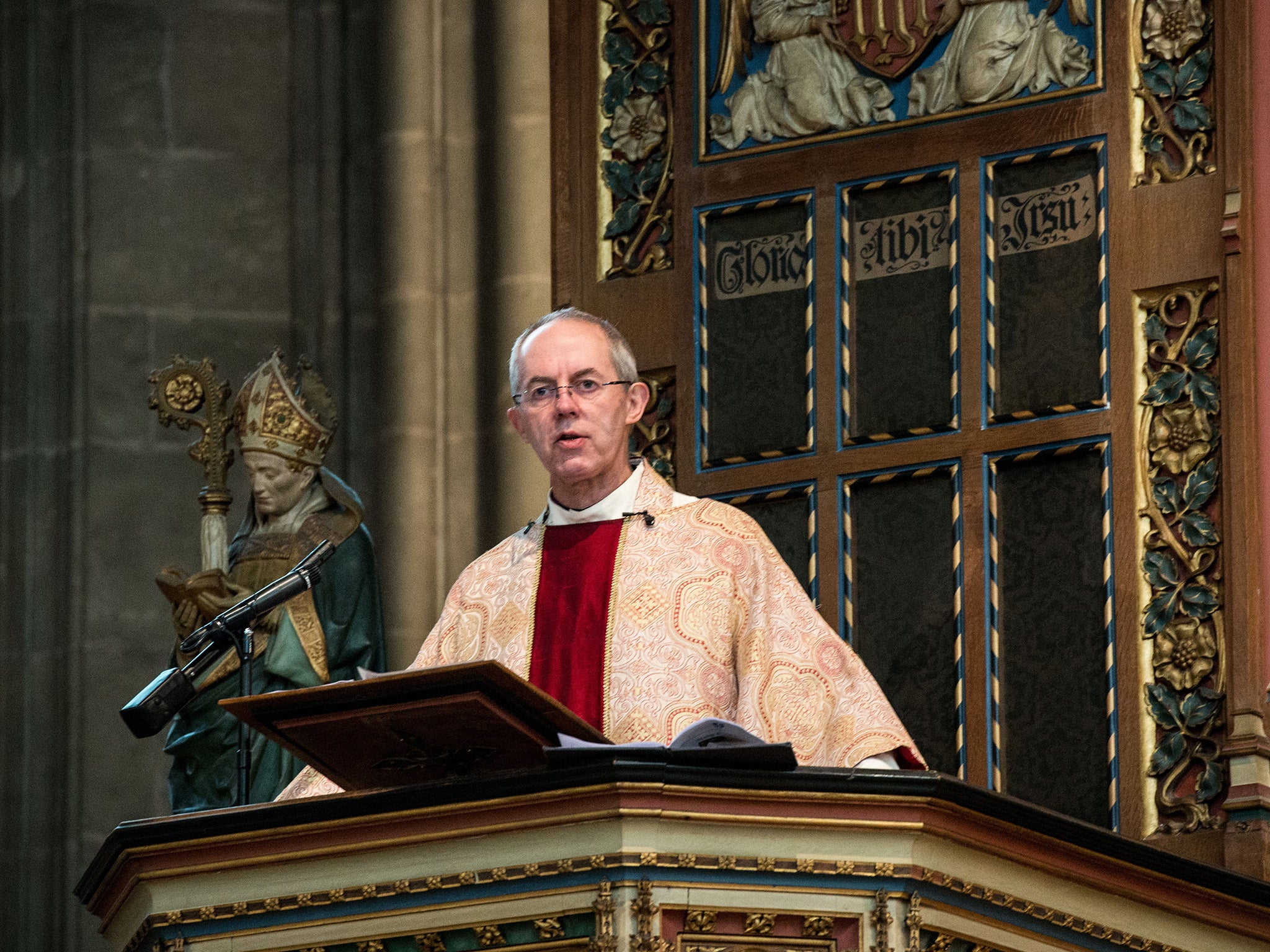British people more likely to believe in ghosts than a Creator, YouGov survey finds
And Christians are more likely to believe in aliens than the Devil

British people are more likely to believe in ghosts than a creator God, a YouGov survey has found.
The same survey also found that self-identified Christians are more likely to believe in aliens than the devil, and more likely to believe in fate than in heaven or an eternal soul.
4Forty-six per cent of British people identify themselves as Christian, and 46 per cent as irreligous. 5 per cent of Britons self-identify as Muslims, and there are also significant minorities of Hindus, Sikhs, Jews and Buddhists.
But the new YouGov figures suggest that that Britain's "Christian" majority does not hold conventionally Christian beliefs, and that less commonly discussed folk beliefs are often more deeply entrenched than Christian doctrine.
In a separate survey last year, YouGov found that only 55 per cent of self-identified Christians believe there is a God.
The new survey delves into the specifics of what British people actually believe in, and shows that many 'Christians' view Christianity as a cultural rather than a religious affair.
Net belief in a Creator and in heaven are both now at -21, meaning that they are more widely disbelieved in than ghosts (-9) or karma (-11).
Self-identifying Christians, meanwhile, are more likely to believe in fate (46 per cent) than heaven (44 per cent) or an eternal soul (36 per cent).
Tellingly, self-identifying Christians also displayed a preference for the more positive aspects of a faith open to broad interpretation. 44 per cent of British Christians believed in heaven, but only 27 per cent in hell, while 35 per cent believed in angels compared to 24 per cent who professed a belief in the Devil. By contrast, 26 per cent of Christians believed in the devil.
Of the 16 esoteric topics included in the survey, only 'magic' was more widely disbelieved in than the Devil or hell, with nearly 60 per cent of respondents saying they did not believe in it.
36 per cent of Britons said they believed in fate, and 30 per cent in the existence of alien life.
The past three decades have also seen a slow but steady increase in spiritual multiculturalism and irreligious beliefs such as atheism and agnosticism. In 1983, 31 per cent of British people said they had no religion, rising to 46 per cent in 2016. In the same time period the percentage of people practicing non-Christian religions has quadrupled from 2 per cent to 8 per cent.
Subscribe to Independent Premium to bookmark this article
Want to bookmark your favourite articles and stories to read or reference later? Start your Independent Premium subscription today.

Join our commenting forum
Join thought-provoking conversations, follow other Independent readers and see their replies